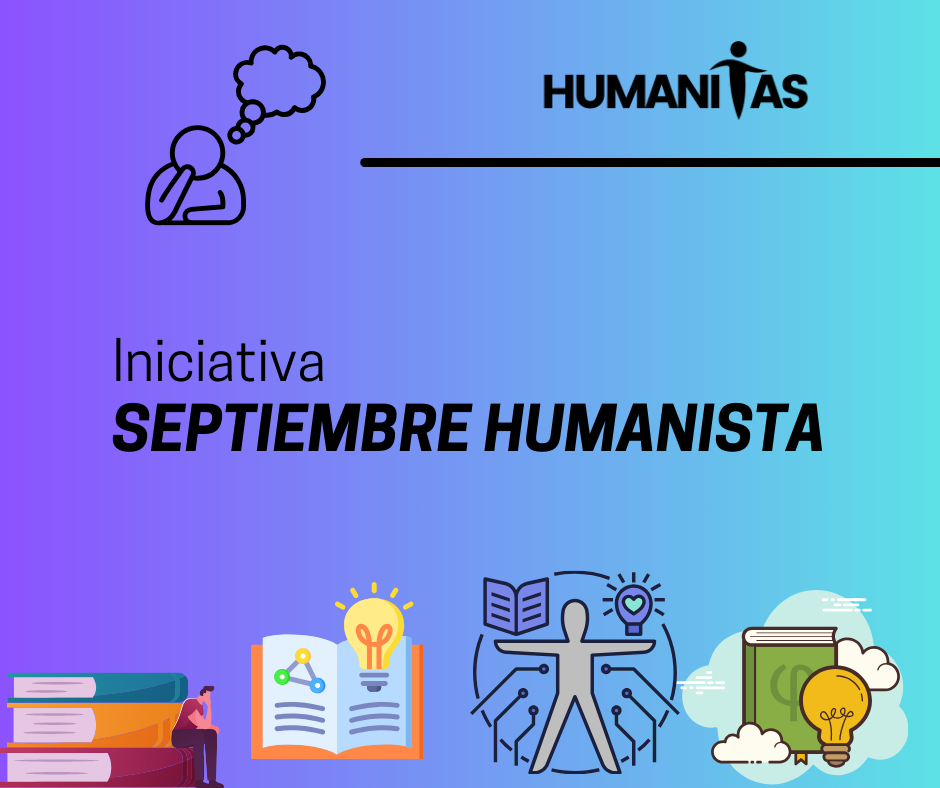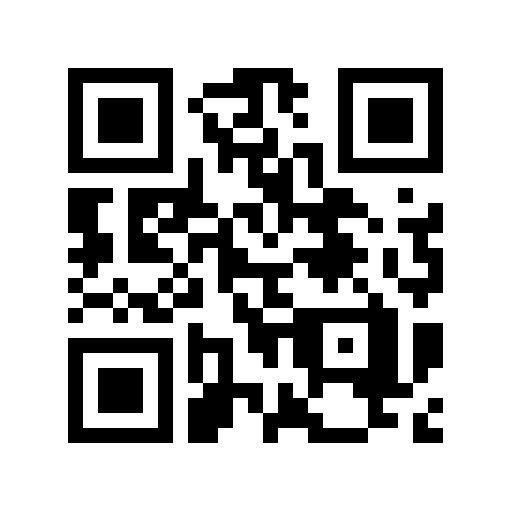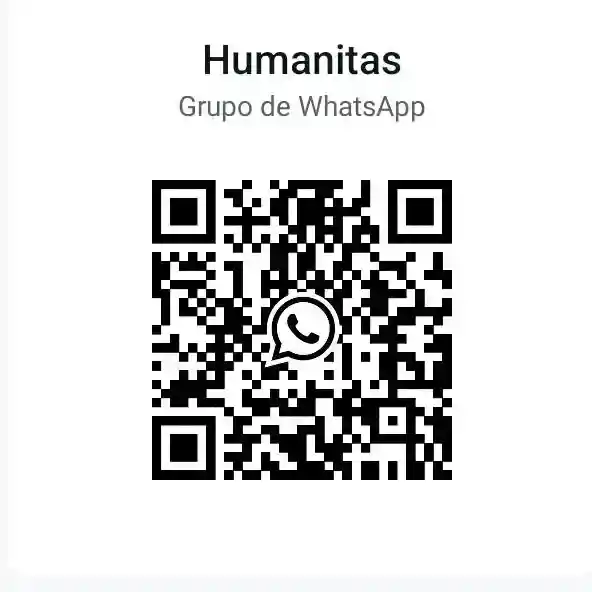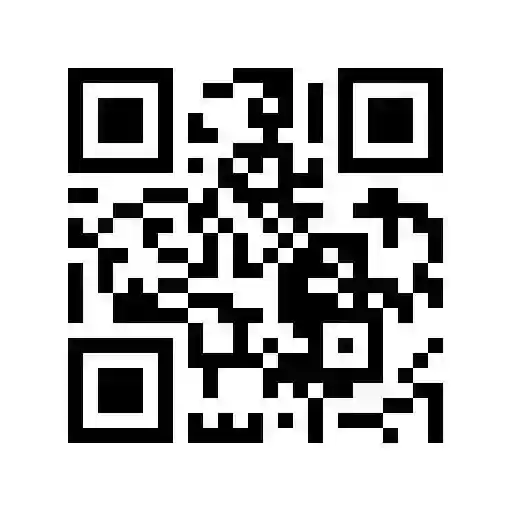Ha llegado el final del octavo mes del año, y seguimos como proyecto intentando en la medida de lo posible seguir construyendo el mejor entorno humanístico de la web. Pedimos disculpas porque quizá no le hemos dedicado la atención y el tiempo que la comunidad se merece.
Siguiendo con la dinámica mensual de sugerir un tema o tópico para cada día, queremos sugerir una serie de 30 ideas a modo de inspiración, no pretenden ser una camisa de fuerza creativa, sino, que con ello pretendemos brindar un horizonte de posibilidades para reflexionar y que tampoco esperamos que sean abordadas en orden o que sea lo único que se puede hacer en la comunidad. Si tienes una idea o necesitas expresar algún tópico fuera de lo que sugerimos en esta publicación puedes hacerlo con toda libertad.
The eighth month of the year has come to an end, and we continue as a project, striving as much as possible to build the best humanistic environment on the web. We apologize for perhaps not having devoted the attention and time that the community deserves. Continuing with the monthly dynamic of suggesting a theme or topic for each day, we would like to suggest a series of 30 ideas for inspiration. These are not intended to be a creative straitjacket, but rather to provide a horizon of possibilities for reflection. We do not expect them to be addressed in order, nor do we expect them to be the only things that can be done in the community. If you have an idea or need to express a topic outside of what we suggest in this post, feel free to do so.

Pero antes de sugerir las ideas para este Septiembre Humanista, queremos compartir lo que viene a ser una primera idea de manifiesto de Humanitas, como un intento de bosquejar nuestros principios.
But before suggesting ideas for this Humanist September, we want to share what is essentially a first draft of the Humanitas manifesto, as an attempt to outline our principles.
Manifiesto
Humanitas nace en Hive, en pleno inicio de la era blockchain, pero tiene sus raíces en algo tremendamente antiguo: la pregunta por lo humano. Creemos que la tecnología no debe disminuir al ser humano, sino expandirlo, brindarle un horizonte de posibilidades. Con cada avance en esta era digital es un paso en la disertación sobre eso que es el ser humano y sobre todo a eso que será.
En plena era blockchain proponemos una suerte de ágora digital, donde las humanidades en su modo de ser en cada disciplina dialoguen con las nuevas tecnologías y desarrollos, y puedan sobre todo recordarnos que lo esencial en cada desarrollo no es el código, sino lo humano que está detrás.
Humanitas es más que una comunidad, pretende ser una memoria colectiva que se respalda en piedra puesto que se escribe en blockchain. Pretende ser resistencia frente al olvido, detenimiento frente a la velocidad digital, y sobre todo cuidado de lo humano.
Defendemos la palabra, la reflexión, el pensamiento crítico y la creación como manifestación de la libertad. Defendemos la dignidad del pensamiento y la posibilidad de expresarse sin censura.Y sobre todo, defendemos la capacidad de cada humano de cultivar su propio ser.
Manifesto
Humanitas was born in Hive, at the dawn of the blockchain era, but its roots lie in something tremendously ancient: the question of what it means to be human. We believe that technology should not diminish human beings, but rather expand them, offering them a horizon of possibilities. With each advance in this digital age, we take another step in the discourse on what it means to be human and, above all, what we will become.
In the midst of the blockchain era, we propose a kind of digital agora, wheree in the humanities, in their own way in each discipline, engag dialogue with new technologies and developments, and above all, remind us that what is essential in each development is not the code, but the humanity behind it.
Humanitas is more than a community; it aims to be a collective memory that is set in stone, as it is written in blockchain. It aims to be resistance against oblivion, a pause in the face of digital speed, and above all, care for the human. We defend the word, reflection, critical thinking, and creation as manifestations of freedom. We defend the dignity of thought and the possibility of expressing oneself without censorship. Above all, we defend the ability of every human being to cultivate their own being.
Humanitas es un puente entre lo clásico y lo moderno, entre lo humano y lo digital, entre la memoria y el porvenir.
Esperamos que este manifiesto pueda perfilar lo que pretendemos ser y proyectar. Ahora bien, vamos al meollo del asunto, a continuación los tópicos para este mes de septiembre:
Humanitas is a bridge between the classic and the modern, between the human and the digital, between memory and the future. We hope that this manifesto will outline what we aim to be and project. Now, let's get to the heart of the matter, here are the topics for this month of September:
📅 Septiembre humanista - Humanist September
1 de septiembre – El inicio de septiembre como símbolo de ciclos: ¿qué significa para las culturas humanas el “comienzo” y el “fin”?
2 de septiembre – La del Holocausto en la posmodernidad: ¿cómo preservar la verdad frente a la manipulación digital? (Firma de la rendición japonesa en 1945, fin de la II Guerra Mundial).
3 de septiembre – La literatura como resistencia: ¿puede un libro cambiar la historia?
4 de septiembre – Simone de Beauvoir y el existencialismo: ¿Qué significa ser mujer en un mundo en transformación?
5 de septiembre – Día Internacional de la Mujer Indígena: las voces silenciadas y saberes ancestrales en el mundo global.
6 de septiembre – La utopía: ¿soñar mundos mejores es ingenuidad o motor de la historia?
7 de septiembre – Independencia de Brasil: reflexiones sobre libertad, nación e identidad.
September 1 – The beginning of September as a symbol of cycles: what do “beginning” and “end” mean for human cultures? September 2 – The Holocaust in postmodernity: how can we preserve the truth in the face of digital manipulation? (Signing of the Japanese surrender in 1945, end of World War II). September 3 – Literature as resistance: can a book change history? September 4 – Simone de Beauvoir and existentialism: what does it mean to be a woman in a changing world? September 5 – International Day of the World's Indigenous Women: silenced voices and ancestral knowledge in a global world. September 6 – Utopia: Is dreaming of better worlds naivety or the driving force of history? September 7 – Brazilian Independence Day: reflections on freedom, nation, and identity.
8 de septiembre – Día Internacional de la Alfabetización: ¿Leer hoy es un acto de rebeldía?
9 de septiembre – La ética del cuidado: ¿qué significa ser responsable del otro en tiempos de individualismo digital?
10 de septiembre – Día Mundial para la Prevención del suicidio: la filosofía frente al absurdo de la existencia.
11 de septiembre – Memoria y trauma: ¿cómo procesar colectivamente el dolor de los pueblos? (Recordando el 11S en 2001 y el golpe en Chile en 1973).
12 de septiembre – El arte como espejo del poder: de las cortes reales a los influencers digitales.
13 de septiembre – La imaginación: la importancia de la fantasía en la formación humana.
14 de septiembre – San Agustín: el tiempo como misterio de la existencia.
September 8 – International Literacy Day: Is reading today an act of rebellion? September 9 – The ethics of care: What does it mean to be responsible for others in times of digital individualism? September 10 – World Suicide Prevention Day: Philosophy in the face of the absurdity of existence. September 11 – Memory and trauma: how can we collectively process the pain of peoples? (Remembering 9/11 in 2001 and the coup in Chile in 1973). September 12 – Art as a mirror of power: from royal courts to digital influencers. September 13 – Imagination: the importance of fantasy in human development. September 14 – Saint Augustine: time as a mystery of existence.
15 de septiembre – Independencia de varios países de Centroamérica: nación, patria y el sentido de comunidad en la era global.
16 de septiembre – Independencia de México: ¿qué significa ser libre políticamente en el siglo XXI?
17 de septiembre – La democracia como idea: ¿sigue siendo válida en un mundo gobernado por algoritmos? (Día de la Constitución en EE.UU.).
18 de septiembre – Independencia de Chile: memoria, resistencia y cultura latinoamericana.
19 de septiembre – Los terremotos en México: fragilidad humana frente a la naturaleza.
20 de septiembre – El Cine como espejo de la condición humana.
21 de septiembre – Día Internacional de la Paz y Día del Alzheimer: ¿El olvido y reconciliación son parte de la paz?
September 15 – Independence of several Central American countries: nation, homeland, and the sense of community in the global era. September 16 – Independence of Mexico: what does it mean to be politically free in the 21st century? September 17 – Democracy as an idea: is it still valid in a world governed by algorithms? (Constitution Day in the US). September 18 – Independence of Chile: memory, resistance, and Latin American culture. September 19 – Earthquakes in Mexico: human fragility in the face of nature. September 20 – Cinema as a mirror of the human condition. September 21 – International Day of Peace and Alzheimer's Day: Are forgetting and reconciliation part of peace?
22 de septiembre – Equinoccio de septiembre: Una reflexión sobre la luz y la oscuridad en la cultura.
23 de septiembre – Aristóteles: la ética de la virtud como camino para la vida buena. (Nacimiento de Aristóteles según algunas fuentes).
24 de septiembre – El patrimonio cultural: ¿qué debemos conservar y qué dejar ir?
25 de septiembre – Día Mundial del Farmacéutico: Una reflexión sobre la medicina, la ética o sobre el sentido humano de la salud.
26 de septiembre – La lengua como casa del ser: Un homenaje a Heidegger o una reflexión sobre el lenguaje.
27 de septiembre – El turismo cultural: ¿Acaso puede el viaje ser una forma de filosofía práctica? (Día Mundial del Turismo).
28 de septiembre – Día Internacional del Derecho de Acceso Universal a la Información: ¿saber es poder o podría ser vulnerabilidad?
September 22 – September equinox: A reflection on light and darkness in culture. September 23 – Aristotle: virtue ethics as a path to the good life. (Birth of Aristotle according to some sources). September 24 – Cultural heritage: what should we preserve and what should we let go? September 25 – World Pharmacists Day: A reflection on medicine, ethics, or the human sense of health. September 26 – Language as the home of being: A tribute to Heidegger or a reflection on language. September 27 – Cultural tourism: Can travel be a form of practical philosophy? (World Tourism Day). September 28 – International Day for Universal Access to Information: Is knowledge power, or could it be vulnerability?
29 de septiembre – Los arquetipos de Jung: ¿qué nos revelan los mitos sobre nosotros mismos?
30 de septiembre – Día Internacional de la Traducción: ¿Acaso traducir es traicionar o puede expandir el mundo?
September 29 – Jung's archetypes: what do myths reveal about ourselves? September 30 – International Translation Day: Is translating a form of betrayal, or can it expand our world?
Recuerda:
Puedes crear contenido en Humanitas en cualquier tipo de formato, no importa si lo haces escrito en formato largo, escrito en formato corto, video, podcast o como sea que te guste crear contenido.
Remember:
You can create content on Humanitas in any format, whether it's long-form writing, short-form writing, video, podcast, or however else you like to create content.
Reglas
• No toleramos el plagio. • Contenido en cualquier idioma (si no es en español agradecemos añadas la traducción). • Asegúrate de utilizar buena ortografía. • Utiliza la etiqueta: #humanitas
Rules
• We do not tolerate plagiarism. • Content in any language (if not in Spanish, please add a translation). • Make sure you use good spelling. • Use the tag: #humanitas
A modo de sugerencia para mejorar la experiencia en la comunidad:
• Comenta otras participaciones. • Invita a otros a participar en la iniciativa. • Comparte tu participación en Snaps, Moments o Threads usando el tag #humanitas • Comparte tu participación por X usando el tag #humanitas
¿Qué DApps puedes usar?
Realmente puedes usar cualquiera de las aplicaciones de redes sociales de Hive para crear contenido en la comunidad. Ten presente que cualquier formato es bienvenido.
¡Recuerda que los votos no están asegurados.!
También te invitamos a formar parte de nuestros grupos, deseamos escuchar y compartir con todos los miembros de nuestra comunidad y juntos poder edificar el mejor entorno de humanidades en la web.
Suggestions for improving the community experience:
• Comment on other posts. • Invite others to participate in the initiative. • Share your participation in Snaps, Moments, or Threads using the hashtag #humanitas. • Share your participation on X using the hashtag #humanitas.
Which DApps can you use?
You can use any of Hive's social media applications to create content in the community. Keep in mind that any format is welcome.
Remember that votes are not guaranteed! We also invite you to join our groups. We want to hear from and share with all members of our community so that together we can build the best humanities environment on the web.
Únete a nuestro canal de Telegram

Únete a nuestro canal de Whatsapp

Únete a nuestro canal de Discord

No lo olvides
Buscamos originalidad y creatividad, por lo tanto, bajo ninguna circunstancia admitiremos plagio, queremos promover el pensamiento crítico y el sano debate. En pasadas ocasiones, hemos logrado demostrar que como comunidad podemos abordar temáticas que pueden ser polémicas, álgidas o tender hacia lo controversial sin inconvenientes, de hecho pueden ser abordadas con criterios y armonía, con responsabilidad discursiva, sobre todo empatía y respeto, no hay necesidad de polemizar los puntos de vista, siempre con criterio y disposición de ánimo podemos crear diálogos profundos y reflexivos colaborando en la construcción de conocimientos humanísticos en esta web 3.0
¡Esperamos con interés leer sus contribuciones y construir juntos un futuro literario más inclusivo, innovador y emocionante!
Don't forget
We seek originality and creativity, therefore, under no circumstances will we tolerate plagiarism. We want to promote critical thinking and healthy debate. In the past, we have demonstrated that as a community we can address topics that may be controversial, sensitive, or tend toward controversy without any problems. In fact, they can be addressed with discernment and harmony, with responsible discourse, and above all, empathy and respect. There is no need to argue about points of view. With discernment and a willing spirit, we can create deep and thoughtful dialogues, collaborating in the construction of humanistic knowledge on this Web 3.0.
We look forward to reading your contributions and building a more inclusive, innovative, and exciting literary future together!
Translated with DeepL.com (free version)

📸 IG @HumanitasCommunity